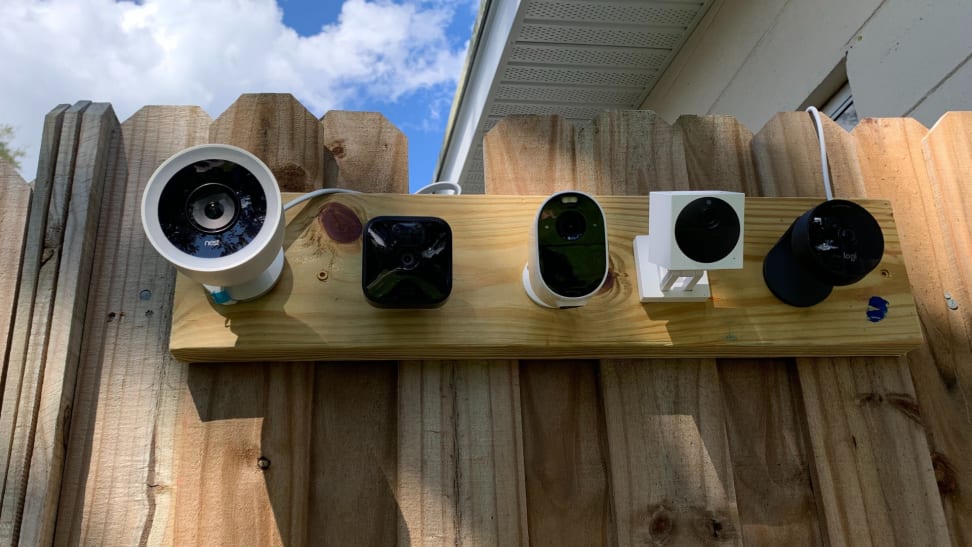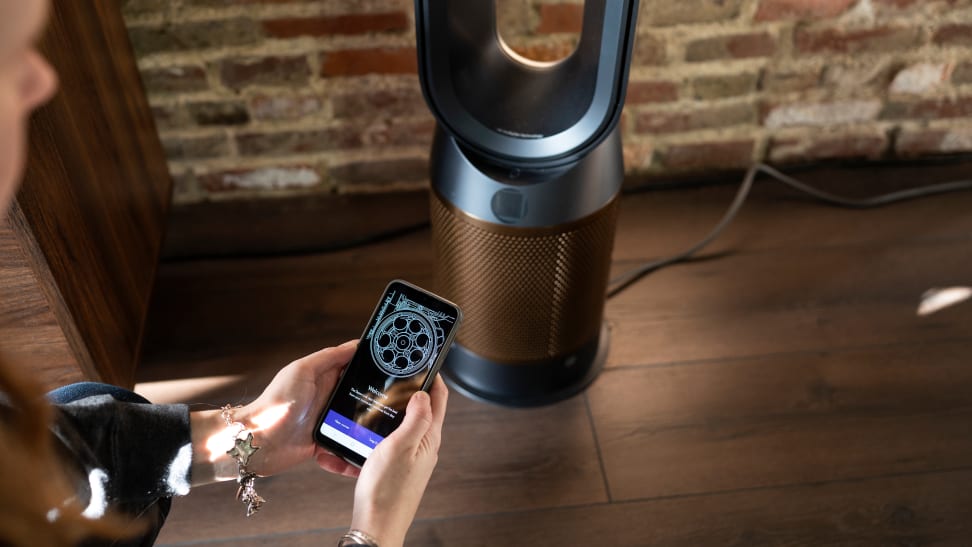

Products are chosen independently by our editors. Purchases made through our links may earn us a commission.


Our reviews are based on tests carried out by our product experts, input from subject matter specialists, and lots of research. They are written by seasoned journalists, who understand the latest developments in their fields and how they relate to you, the readers.
Learn more about how we test